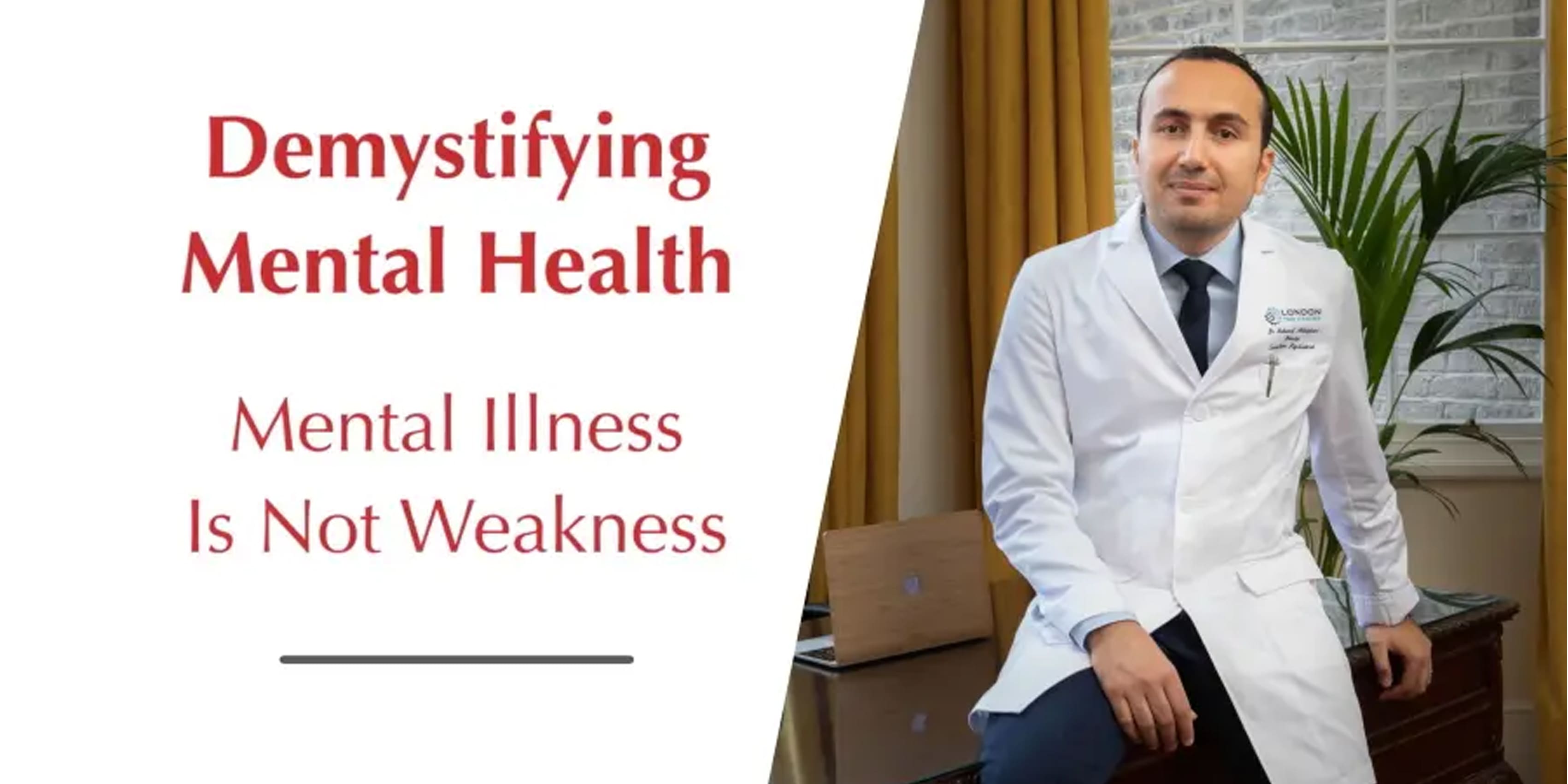Introduction: In today's fast-paced and demanding world, stress has become a common and often overwhelming experience for many people. However, it's essential to prioritize our well-being and find effective ways to manage stress. In this blog post, we will explore practical techniques that can help you lead a calmer life by effectively managing stress. By incorporating these strategies into your daily routine, you can improve your mental and emotional well-being and navigate the challenges of the modern world with greater ease.
1. Understanding Stress:
- Defining stress and its impact on physical and mental health.
- Recognizing common sources of stress in the modern world.
- Exploring the short-term and long-term effects of chronic stress.
2. Mindfulness and Meditation:
- Introducing the concept of mindfulness and its role in stress reduction.
- Exploring various meditation techniques to cultivate a calmer mind.
- Incorporating mindfulness practices into daily life for stress management.
3. Stress-Reducing Lifestyle Habits:
- The importance of a balanced lifestyle for stress management.
- Strategies for improving sleep quality to reduce stress.
- Exploring the benefits of regular exercise and its impact on stress levels.
4. Time Management and Prioritization:
- Effective time management techniques to reduce stress and increase productivity.
- The importance of setting boundaries and saying no to prevent overwhelm.
- Prioritizing tasks and responsibilities to minimize stress-inducing situations.
5. Healthy Coping Mechanisms:
- Identifying healthy ways to cope with stress instead of resorting to unhealthy habits.
- Exploring creative outlets such as art, writing, or music as stress-relieving activities.
- Seeking support from friends, family, or professionals when needed.
6. Relaxation Techniques:
- Incorporating relaxation techniques such as deep breathing exercises and progressive muscle relaxation.
- Exploring the benefits of practices like yoga, tai chi, or aromatherapy for stress reduction.
- Creating a calming environment at home or in the workplace.
7. Cultivating Resilience and Positive Thinking:
- Developing resilience to effectively handle stress and bounce back from challenges.
- The power of positive thinking and reframing perspectives in stressful situations.
- Incorporating gratitude practices to shift focus towards the positive aspects of life.
8. Seeking Professional Help:
- Recognizing when stress becomes overwhelming and seeking professional assistance.
- The role of therapists, counselors, or coaches in managing stress and improving overall well-being.
- Removing the stigma around seeking help for stress-related issues.
Conclusion: By implementing these practical techniques for stress management into your daily life, you can achieve a calmer and more balanced existence in the modern world. Remember, managing stress is a continuous journey, and it requires consistency and self-care. Prioritize your well-being, be gentle with yourself, and embrace these strategies as tools to navigate the challenges of life with greater resilience and tranquility.




